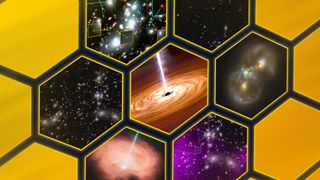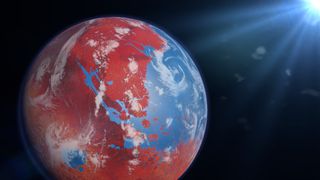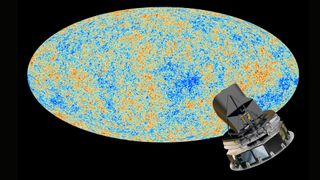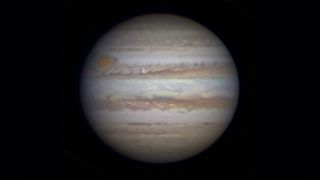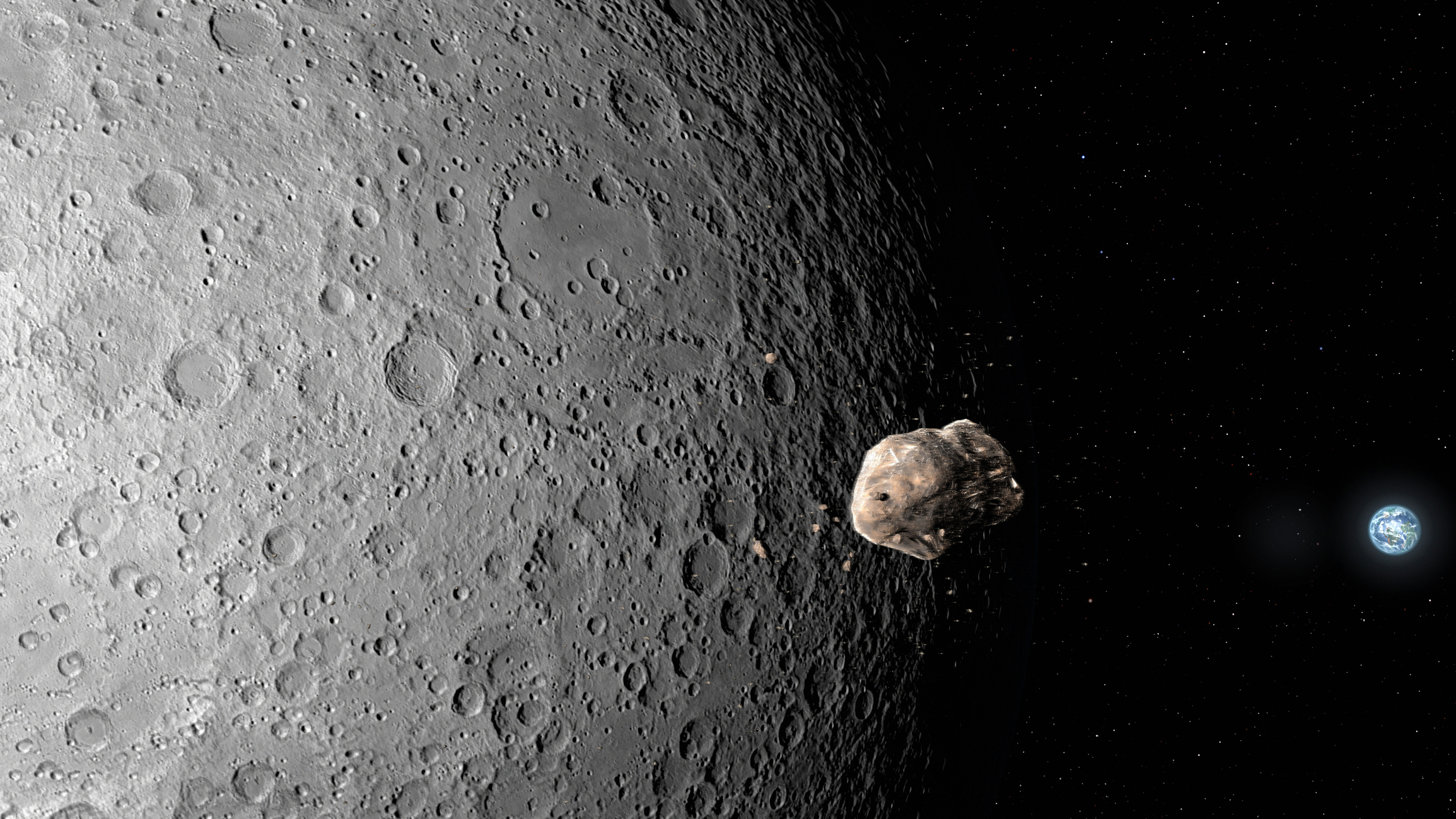Space news, features and articles
Explore Space
Editor's Picks
Latest about Space
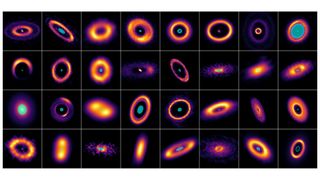
Some objects we thought were planets may actually be tiny black holes from the dawn of time
By Paul Sutter published
Scientists have discovered more than 6,000 planets beyond our solar system. What if some of them aren't planets at all, but tiny black holes in disguise?
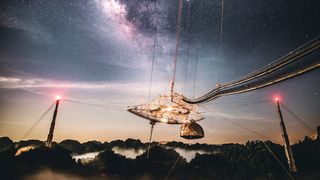
SETI scientists reveal 100 'signals of interest' from collapsed Arecibo Observatory
By Brandon Specktor published
A crowd-sourced search for alien intelligence called SETI@Home is in its final stages, analyzing 100 'signals of interest' with the world's largest radio telescope.
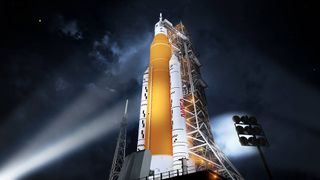
Artemis 2 mission update: Rollout imminent as NASA prepares first crewed Artemis mission to the moon
By Patrick Pester published
NASA's Artemis 2 rollout could be as early as this weekend as the space agency makes final preparations for its first crewed Artemis moon mission.
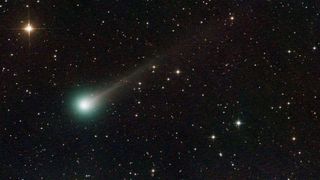
Astronomers may have already spotted the 'Great Comet of 2026' — and it could soon be visible to the naked eye
By Harry Baker published
Recently discovered Comet C/2025 R3 (PanSTARRS) will make its closest approach to the sun and Earth in late April and could potentially be visible to the naked eye. It may end up being the brightest comet of the year.
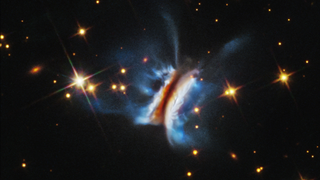
Giant cosmic 'sandwich' is the largest planet-forming disk ever seen — Space photo of the week
By Jamie Carter published
A strange, sandwich-shaped object is giving astronomers a rare view of the chaotic birthplaces of planets.
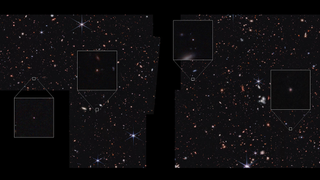
Oddball 'platypus galaxies' spotted by James Webb telescope may challenge our understanding of galaxy formation
By Elizabeth Howell published
Astronomers spotted nine galaxies with characteristics that have never been seen as a collection before. It's possible this is a newly found type of star-forming galaxy.
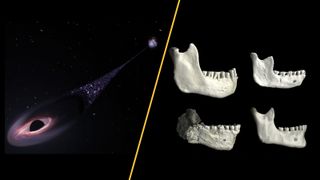
A runaway black hole, a human ancestor discovered in Casablanca cave, and vaccine schedule slashed
By Ben Turner published
Science news this week Jan. 10, 2025: Our weekly roundup of the latest science in the news, as well as a few fascinating articles to keep you entertained over the weekend.
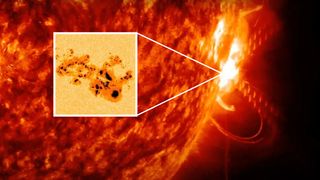
Giant sunspot that triggered recent solar 'superstorm' shot out nearly 1,000 flares and a secret X-rated explosion, record-breaking study reveals
By Harry Baker published
The massive sunspot that sparked an "extreme" geomagnetic storm in May 2024 unleashed hundreds of other dangerous solar flares, including a hidden X-class outburst, a new paper reveals. The study sets a record for the longest continuous observation of a single active region on our home star.
Get the world’s most fascinating discoveries delivered straight to your inbox.
 Live Science Plus
Live Science Plus





